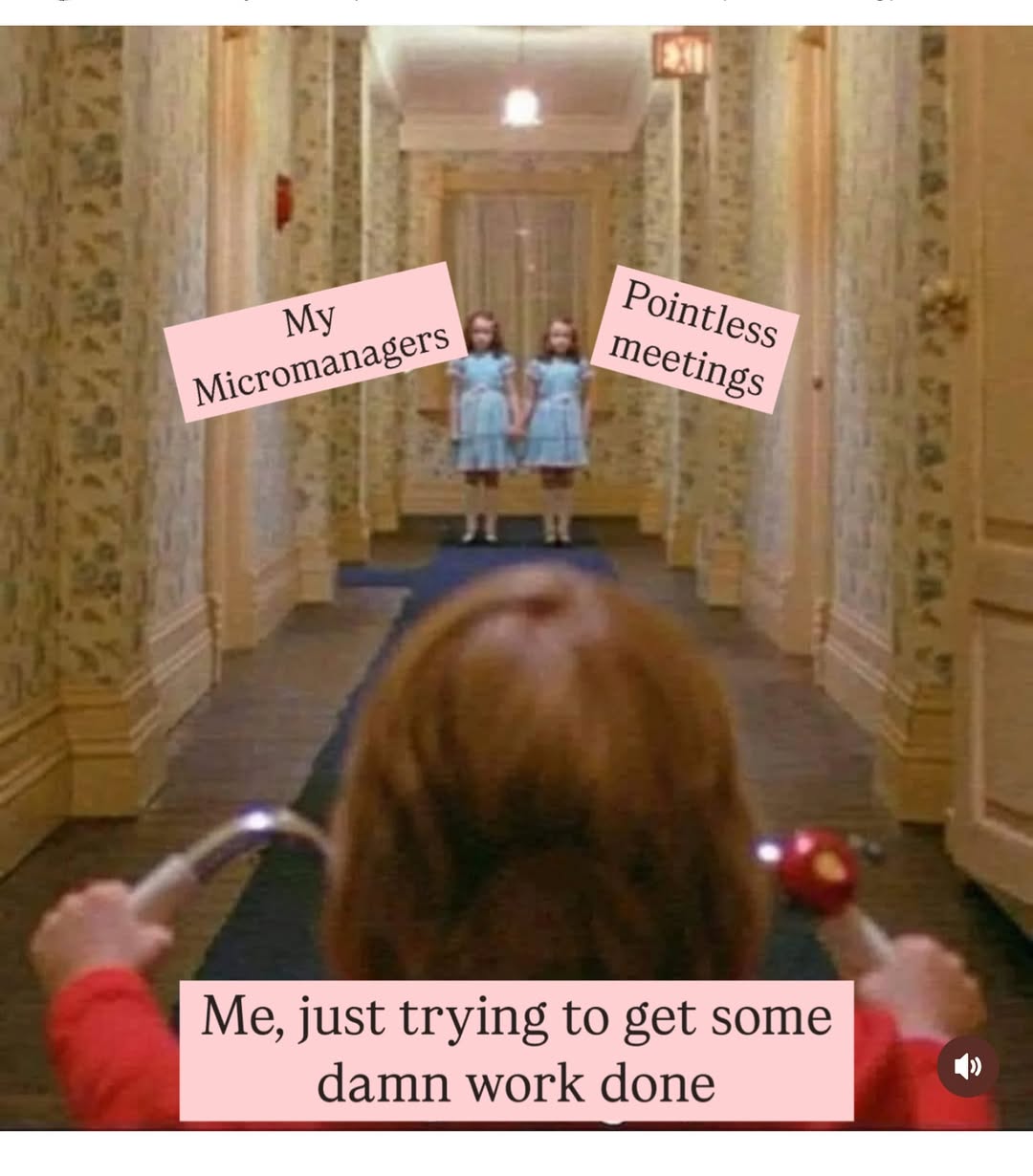this post was submitted on 07 Jul 2025
255 points (99.2% liked)
memes
16067 readers
3185 users here now
Community rules
1. Be civil
No trolling, bigotry or other insulting / annoying behaviour
2. No politics
This is non-politics community. For political memes please go to !politicalmemes@lemmy.world
3. No recent reposts
Check for reposts when posting a meme, you can only repost after 1 month
4. No bots
No bots without the express approval of the mods or the admins
5. No Spam/Ads
No advertisements or spam. This is an instance rule and the only way to live.
A collection of some classic Lemmy memes for your enjoyment
Sister communities
- !tenforward@lemmy.world : Star Trek memes, chat and shitposts
- !lemmyshitpost@lemmy.world : Lemmy Shitposts, anything and everything goes.
- !linuxmemes@lemmy.world : Linux themed memes
- !comicstrips@lemmy.world : for those who love comic stories.
founded 2 years ago
MODERATORS
you are viewing a single comment's thread
view the rest of the comments
view the rest of the comments

One of the things I have learned is that a lot of middle management don't have tangible roles, so they make up for this by recognition, which is usually "presence." So they have meetings to be seen, stay relevant, and look important. Like, how do you measure management as a product? It's a social game, primarily. I'm not saying all or any large percentage of management is like this, but there are a LOT.
"What do you say you DO here, exactly...?" And they start to sweat.
Edit: Clarifying I know there ARE effective ways for an organization to do this, but that doesn't mean they do or even know how :/
When I was a middle manager I handled most of the communication with my team via teams or email. We had a 1 on 1 every other week and I was available otherwise if a meeting was necessary but otherwise all I needed was quick updates on where they were at with various projects we had going on. My boss on the other hand was constantly pulling me into shit I didn't need to be involved in. I had reporting available at hand I could have sent them whenever they needed it but they didn't know what to do with themselves if their schedule wasn't full.
Define their responsibilities is a first step. In addition I just to clearly defined tasks, survey the people they manage to get an idea of how well they are doing with guided questions like whether they are taking care ofnobstacles and increasing communication efficiently like making good calls on what should be an email vs what should be a prodictive meeting.
It can be hard to measure, but so is any position with complex goals that require other people to do their job too.